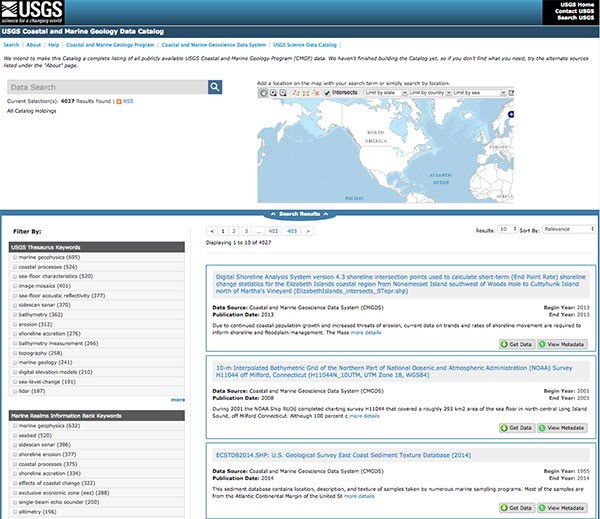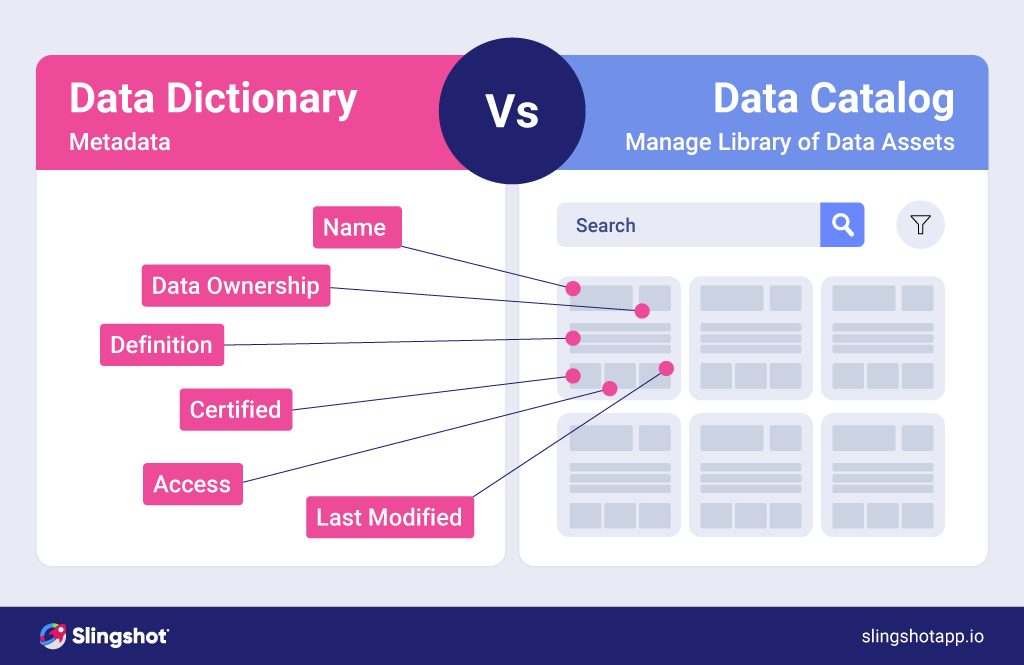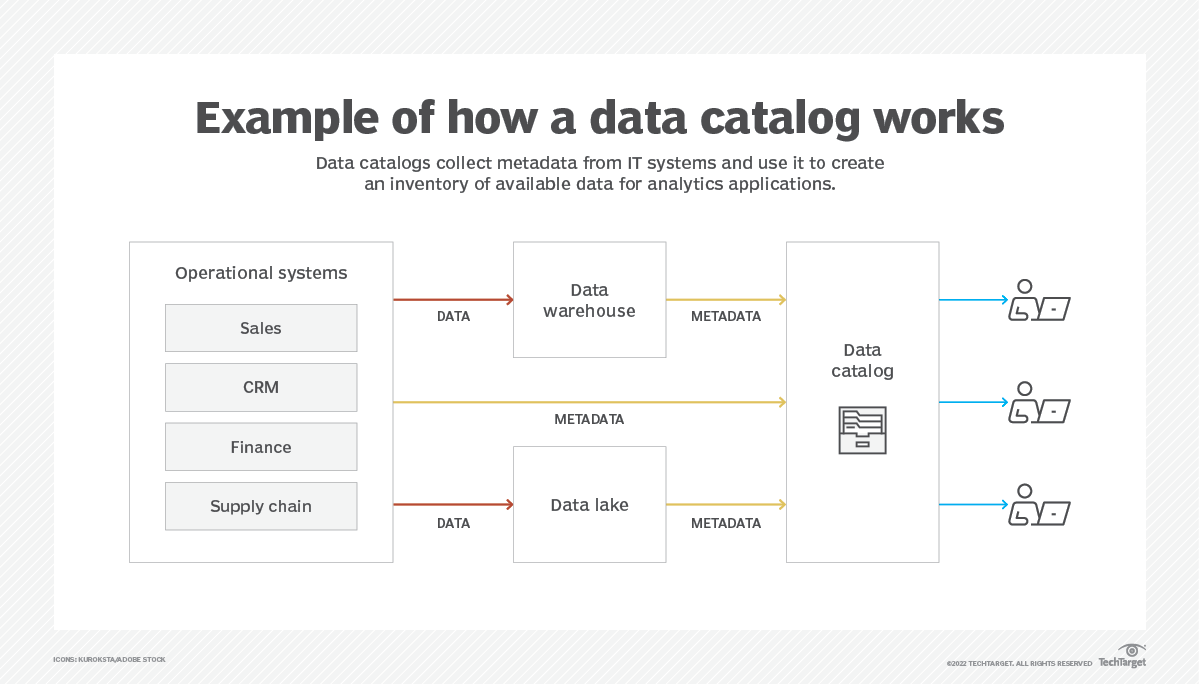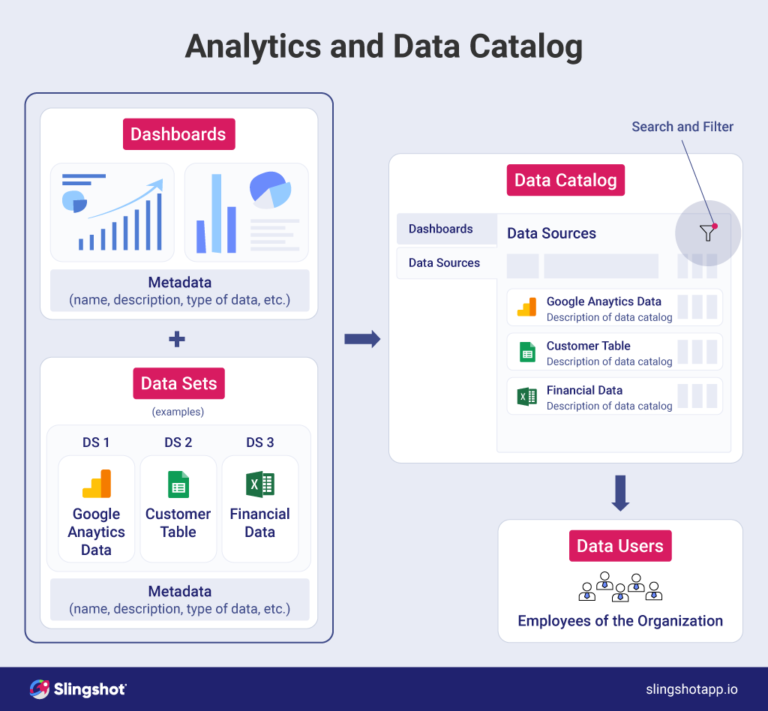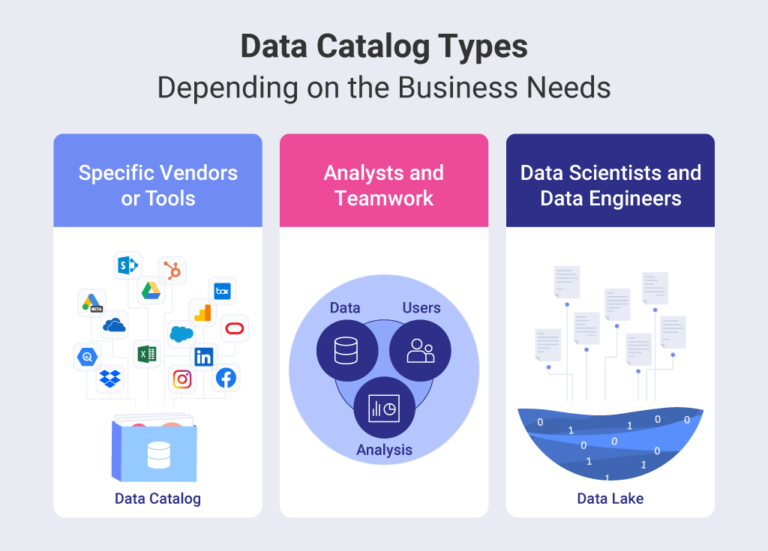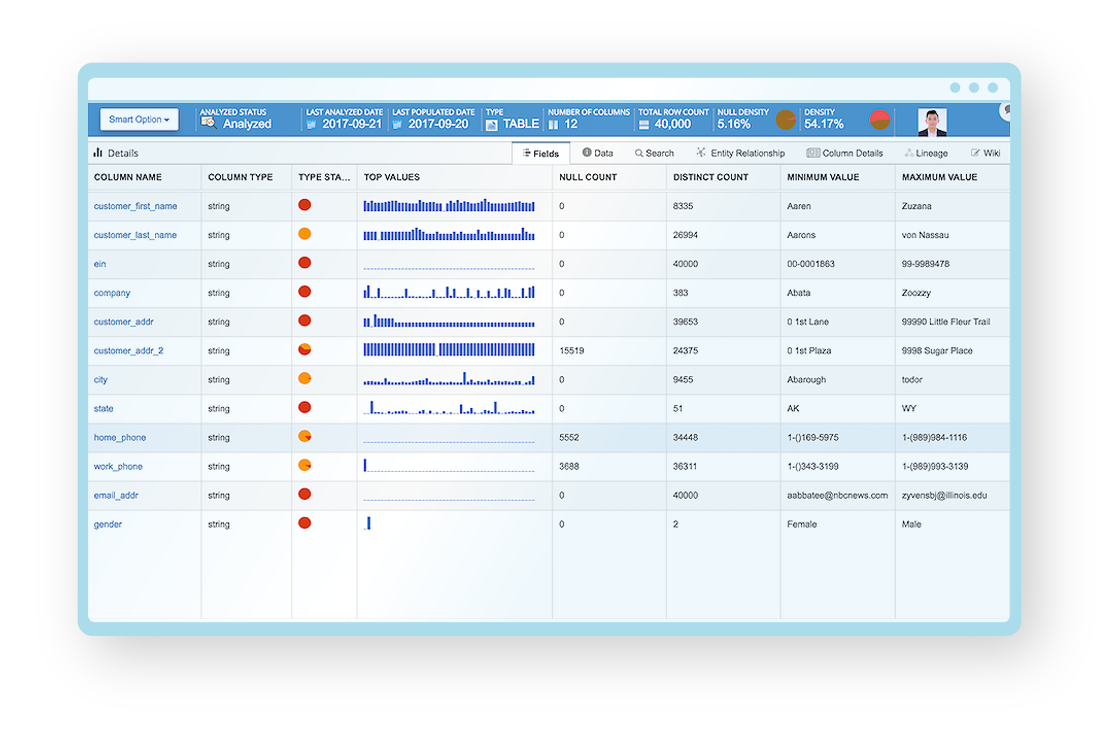Database Catalog Example
Database Catalog Example - Earch and data discovery functions. What is a data catalog? It’s a central repository that stores metadata about data assets, such as data sources, data. A modern data catalog is a tool used to organize, manage, and discover data assets within an organization. In the python notebook above, you: A database catalog of a database instance consists of metadata in which definitions of database objects such as base tables, views (virtual tables), synonyms, value ranges, indexes, users, and user groups are stored. [1][2] it is an architecture product that documents the database's content and data quality. A data catalog is a detailed inventory of all data assets in an organization, designed to help data professionals quickly find the most appropriate data for any analytical or. Let’s explore these in depth, along with the relevant use cases and data catalog capabilities that support them. It provides a comprehensive view of all data assets in an organization, including. What is a data catalog? In the python notebook above, you: Roughly there are 4 main categories of data catalogs. However, these repositories go beyond. In this article, we will explore data cataloging, its features, benefits, implementation, and role of data cataloging. The goal is to turn scattered data. Much like a library catalog that indexes books, a data catalog indexes an organization’s data assets and key information about them. What is a data catalog? A data catalog is a central inventory of organizational data. It’s a central repository that stores metadata about data assets, such as data sources, data. A database catalog of a database instance consists of metadata in which definitions of database objects such as base tables, views (virtual tables), synonyms, value ranges, indexes, users, and user groups are stored. Accelerating insights, data projects, and ai. Data catalogs are similar to business directories in that they help users find business terms or connect to business glossaries. Here. Earch and data discovery functions. A data catalog helps data users identify which data assets are available and provides relevant context about that data, allowing them to assess the data for use. Accelerating insights, data projects, and ai. The goal is to turn scattered data. A database catalog of a database instance consists of metadata in which definitions of database. But what makes a data catalogue robust and efficient? A good data catalog should provide users with the ability to quickly identify what types of data are available within the organization, where they are located, and who owns. Data catalogs are similar to business directories in that they help users find business terms or connect to business glossaries. A modern. In this article, we will explore data cataloging, its features, benefits, implementation, and role of data cataloging. [1][2] it is an architecture product that documents the database's content and data quality. Earch and data discovery functions. Much like a library catalog that indexes books, a data catalog indexes an organization’s data assets and key information about them. What's more, the. The goal is to turn scattered data. [1][2] it is an architecture product that documents the database's content and data quality. The source and current location of the data 2. Creating a proficient data catalog template involves considering several key factors. Earch and data discovery functions. Data catalogs are similar to business directories in that they help users find business terms or connect to business glossaries. Accelerating insights, data projects, and ai. Replace the catalog_uri, warehouse, and token variables with your values from sections 2 and 3 respectively. What's more, the high value of metadata has made the data catalog the de facto control center for. Data catalogs are similar to business directories in that they help users find business terms or connect to business glossaries. Much like a library catalog that indexes books, a data catalog indexes an organization’s data assets and key information about them. Let’s explore these in depth, along with the relevant use cases and data catalog capabilities that support them. What's. It provides a comprehensive view of all data assets in an organization, including. In the python notebook above, you: Creating a proficient data catalog template involves considering several key factors. Let’s explore these in depth, along with the relevant use cases and data catalog capabilities that support them. However, these repositories go beyond. Creating a proficient data catalog template involves considering several key factors. The goal is to turn scattered data. A data catalog is a central inventory of organizational data. However, these repositories go beyond. What is a data catalog? Data catalogs are similar to business directories in that they help users find business terms or connect to business glossaries. What's more, the high value of metadata has made the data catalog the de facto control center for use cases like data governance, lineage, and data quality. A data catalog is a detailed inventory of all data assets in an. What's more, the high value of metadata has made the data catalog the de facto control center for use cases like data governance, lineage, and data quality. Creating a proficient data catalog template involves considering several key factors. Replace the catalog_uri, warehouse, and token variables with your values from sections 2 and 3 respectively. Here are four key ways a data catalog drives business value: Much like a library catalog that indexes books, a data catalog indexes an organization’s data assets and key information about them. What is a data catalog? [1][2] it is an architecture product that documents the database's content and data quality. A good data catalog should provide users with the ability to quickly identify what types of data are available within the organization, where they are located, and who owns. Data catalogs help you organize and evaluate information about your data, including: Let’s explore these in depth, along with the relevant use cases and data catalog capabilities that support them. A database catalog of a database instance consists of metadata in which definitions of database objects such as base tables, views (virtual tables), synonyms, value ranges, indexes, users, and user groups are stored. But what makes a data catalogue robust and efficient? What is a data catalog? However, these repositories go beyond. It’s a central repository that stores metadata about data assets, such as data sources, data. In this article, we will explore data cataloging, its features, benefits, implementation, and role of data cataloging.What is a data catalog? LightsOnData
What Is a Data Catalog? DATAVERSITY
What Is A Data Catalog & Why Do You Need One?
What is a Data Catalog? Uses, Benefits and Key Features TechTarget
Database schema for data catalog. Download Scientific Diagram
What Is A Data Catalog & Why Do You Need One?
What Is A Data Catalog & Why Do You Need One?
Data Catalog PPT Presentation slides templates, Data, Catalog
3 Reasons Why You Need a Data Catalog for Data Warehouse
Build your data catalog quickly with this stepbystep guide
In The Python Notebook Above, You:
What Is A Data Catalog?
The Catalog Storage Access Command Creates An Alias For Accessing Remote Storage On Ibm Cloud Object Storage Or Amazon Simple Storage Service (S3) Directly With The Ingest,.
Roughly There Are 4 Main Categories Of Data Catalogs.
Related Post:

